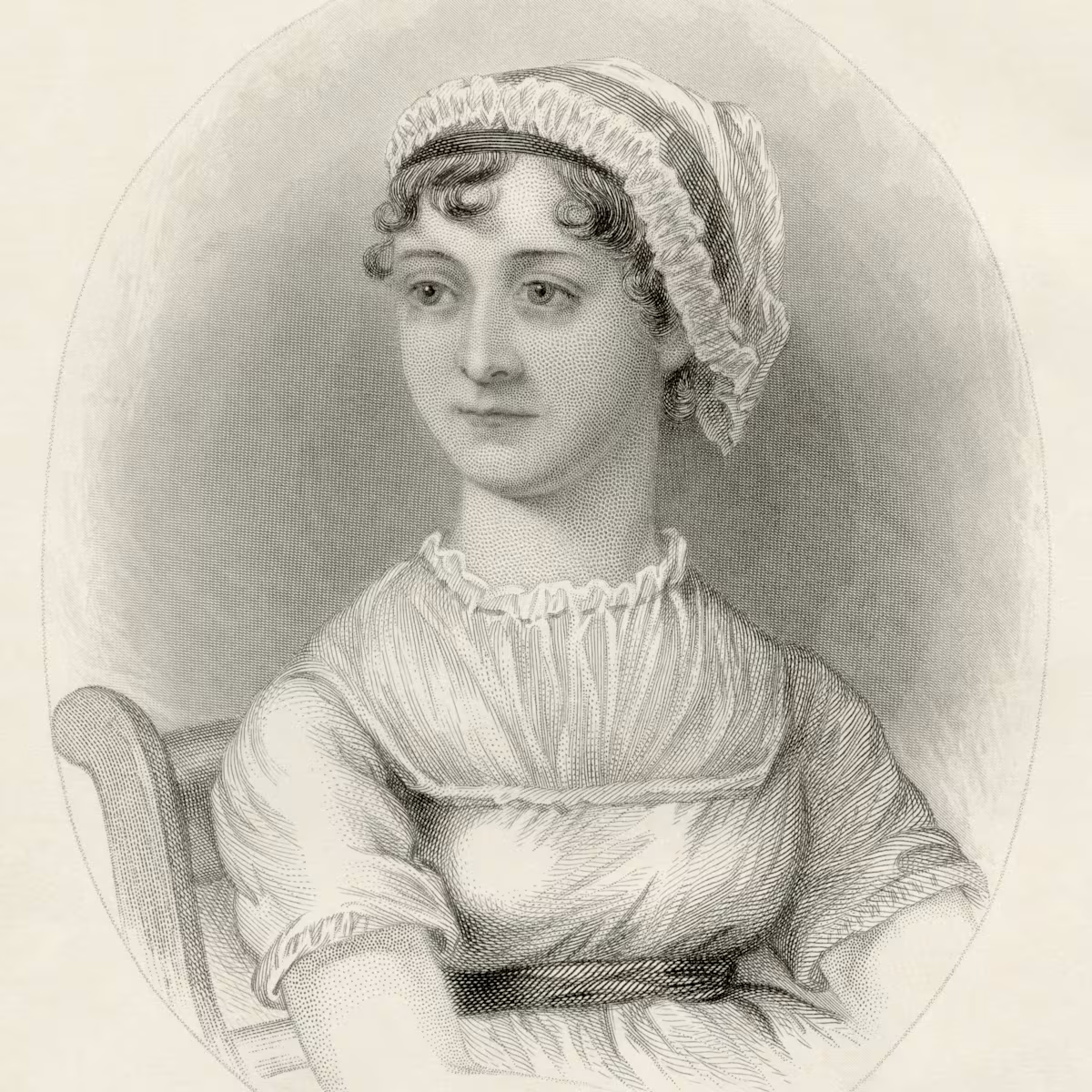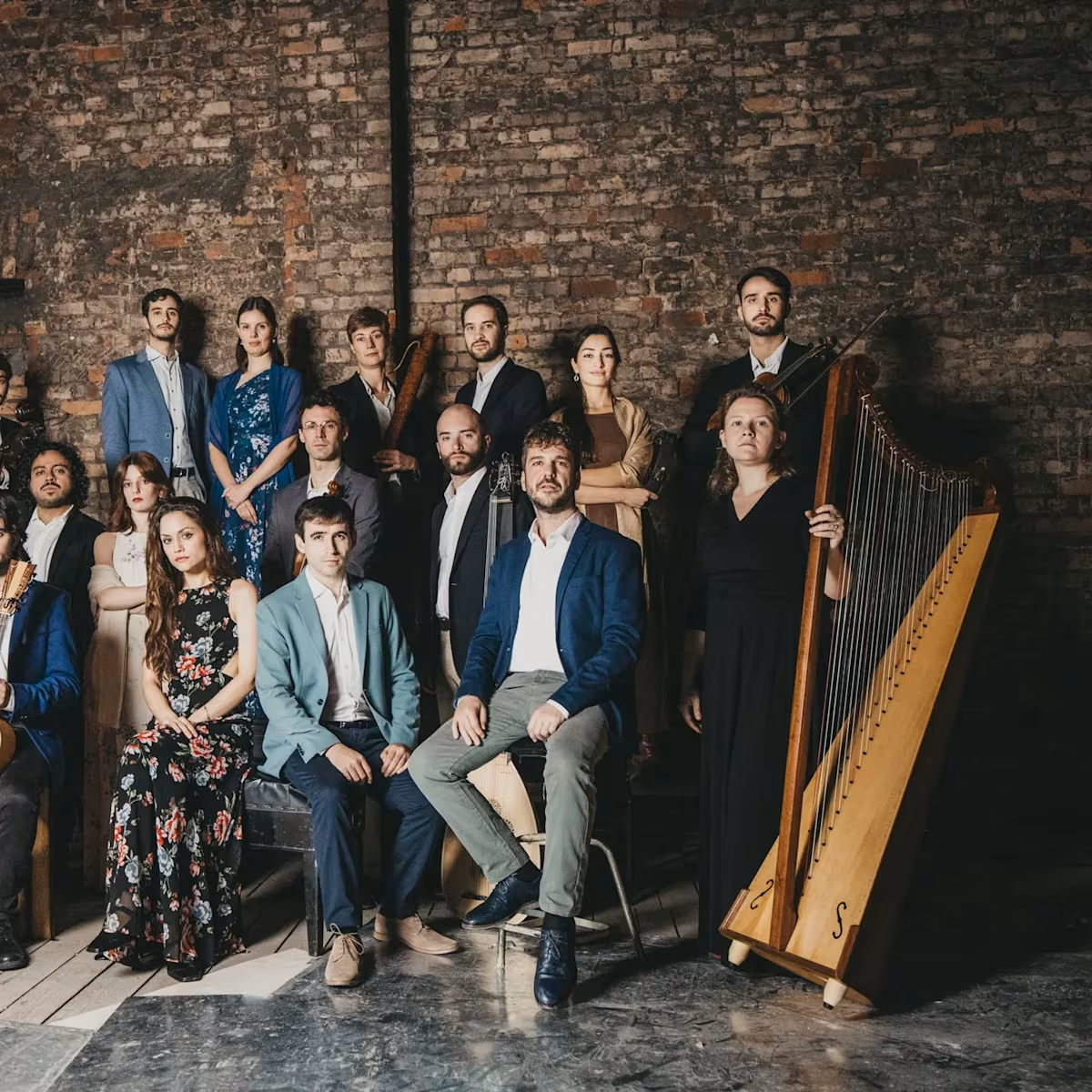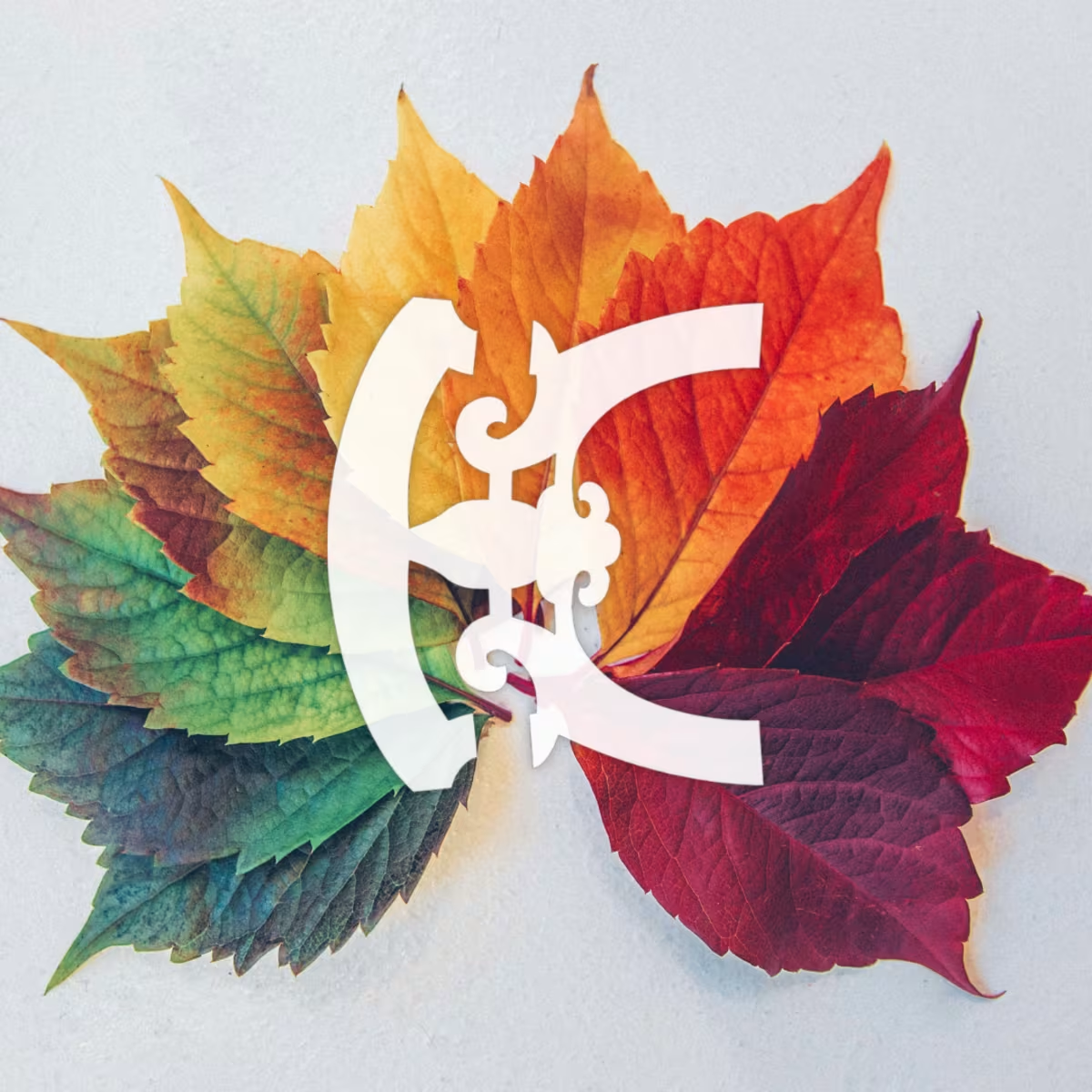Feature
La Serenissima's 30th Anniversary
A Musical Journey Across Italy
Share this

FIRST PUBLISHED 29 SEP 2024
People say that you never forget how to ride a bike. I’m not sure that’s true. Were I to straddle a saddle for the first time in nearly thirty years, I am convinced I would get the wobbles and fall off.
It is fortunate therefore that for our new programme, Giro d’Italia, no bikes will be used except for perhaps one, (preferably an old and battered one) for the album cover when we come to record the project.
Of course, the Giro d’Italia is one of the most famous bike races on the planet, perhaps second only to the Tour de France, but our Giro will be a purely musical tour of Italy, from Venice and Brescia in the North to Naples and Sicily in the South.
The idea for this programme originated during an interview with the Italian radio station Radio 24 in order to promote our album Forza Azzurri! back in 2022. Being in Italian, the interview was possibly the scariest thing I’ve ever done, but it all worked out in the end (or so I’m led to believe). Towards the end, the interviewer asked if we were going to do a tour of Italy (a giro d’Italia, no less) and I remember joking at the time about the possibility of using the idea as an album concept. The rest is – or will be – history, as they say.
It is rather serendipitous that the unveiling of this project coincides with our long-awaited residency at Wigmore Hall, something that hit a brick wall in 2020 because of Covid. It also forms part of the 30th anniversary celebrations of La Serenissima, the group I formed with harpsichordist Giulia Nuti back when we were students at the RCM.
Of course, there will be the inevitable contribution from Vivaldi, but alongside him will be several composers who don’t get out much on a Saturday night. A glorious concerto by the Brescian, Pietro Gnocchi (“Mr Dumpling”) rubs shoulders with a Sicilian/Venetian concerto by Giacomo Facco (careful how you pronounce that one) and a Neapolitan concerto by Francesco Durante, whose supporters were known as the ‘Durantists’ (possibly a good name for an ensemble). There will be fireworks and pedal notes from Giuseppe Valentini (known to his mates as ‘Little Ragamuffin’), and we will continue our exploration of the amazing Giuseppe Brescianello with a unique sinfonia-suite.
Thanks to support from Continuo Foundation, we were able to tour some of this music to St James’ Church, Chipping Campden and The Tung Auditorium, Liverpool – taking the group to venues close to our current home in Gloucestershire, as well as back to my Merseyside roots.
The other concerts in the series feature a contest between Apollo and Pan with the formidable recorder team of Tabea Debus and Miriam Monaghan, a Bolognese trumpet evening with Simon Munday and Matthew Wells, and the grand finale, an extraordinary oratorio titled La Profezia d’Eliseo nell’assedio di Samaria by Attilio Ariosti, composer, keyboardist, viola d’amore player, diplomat, spy, and owner of a very large hat, apparently.
The subject matter of this work is, as one might expect of a story from the Old Testament, rather bloodthirsty. The city of Samaria is starving thanks to the besieging Syrians; in order to survive, two women (both sopranos) have decided that they are going to eat their own babies. Baby #1 is duly consumed by the women, but then the second woman decides she doesn’t want to eat hers. The problem is handed over to King Jehoram (bass) and his ‘Capitano’ (contralto) to sort out, with good advice along the way from Elisha (tenor). To cut a long story short, some lepers (not in the oratorio) are so hungry that they go into the camp of the Syrians to find that the enemy has gone home. Cue much rejoicing and pats on the back all round.
Another part of La Serenissima’s 30th anniversary celebrations is the release of our new recording of Vivaldi’s Opus 8 (including our second recording of The Four Seasons), simultaneously marking the 300th anniversary of the publication of this brilliant set of concertos. The first part of this project was released in February 2025; the second part was recorded in October 2024 for release in November 2025, both on Signum Classics.
It seems fitting that we should celebrate both anniversaries in this way, particularly as it was The Four Seasons that sparked my initial interest in the music of Vivaldi 40 years ago, when I was 10.

My determination to start a personal crusade on behalf of Vivaldi was born from the fact that I had long been amazed by the antipathy with which Vivaldi’s music was received. Interestingly, it was the Brits who started this nitpicking tradition way back in the eighteenth century. Critics included the Geordie, Charles Avison, who described the works of Vivaldi, Locatelli and Tessarini as ‘amusements fit for children’.
The fact that Vivaldi’s music was almost dead and buried alongside the great man himself, was par for the course in those days, with the music of Corelli, Handel and Tartini providing rare exceptions to the rule.
Fast forward to the twentieth century, and the jibes started coming thick and fast almost in exact tandem with the Vivaldi revival itself. Figures such as Fritz Kreisler, who passed off one of his own works as a concerto by Vivaldi, were few and far between. A huge debt of gratitude is therefore owed to the likes of the French musicologist Marc Pincherle and the American-born violinist Olga Rudge (also mistress of Ezra Pound) without whose work and enthusiasm Vivaldi would never have become a household name in the latter part of the twentieth century.
Although it was clear growing up in the 1980s that Vivaldi’s concertos (and to a degree, his sonatas) were here to stay, the operas, cantatas and sacred music were rather conspicuous by their absence. Thankfully this neglect is slowly being reversed with recordings and productions aplenty, particularly on the continent.
That I am still as ardent as ever about the music of Antonio Vivaldi is possibly down to my formative years spent on Merseyside. All my schoolmates were fiercely blue or red (I, unfortunately, am blue) and it seems that at the tender age of ten, I transferred this zeal to my interest in the music of Vivaldi. They say that you don’t choose Everton Football Club, it chooses you; I think the same can be said of the music of Vivaldi – a marmite composer if ever there was one.
By Adrian Chandler 2024
Share this
Keep reading

Senses, scores and square pianos
Ahead of Jane Austen’s 250th birthday on 16 December this year, Simon Mundy caught up with performers on their respective Austen-inspired projects.

Cantoría | ‘A la fiesta, zagales’: Spanish Baroque at Wigmore Hall
Cantoría leads listeners into a vibrant Spanish festive world filled with the joyful energy of Baroque villancicos, carols, jácaras and dances.

Playlist: The Seasons
Journey through musical depictions of the four seasons, from Vivaldi’s best-loved concertos to other seasonal works by Purcell, Guido, Simpson, Haydn and more.





